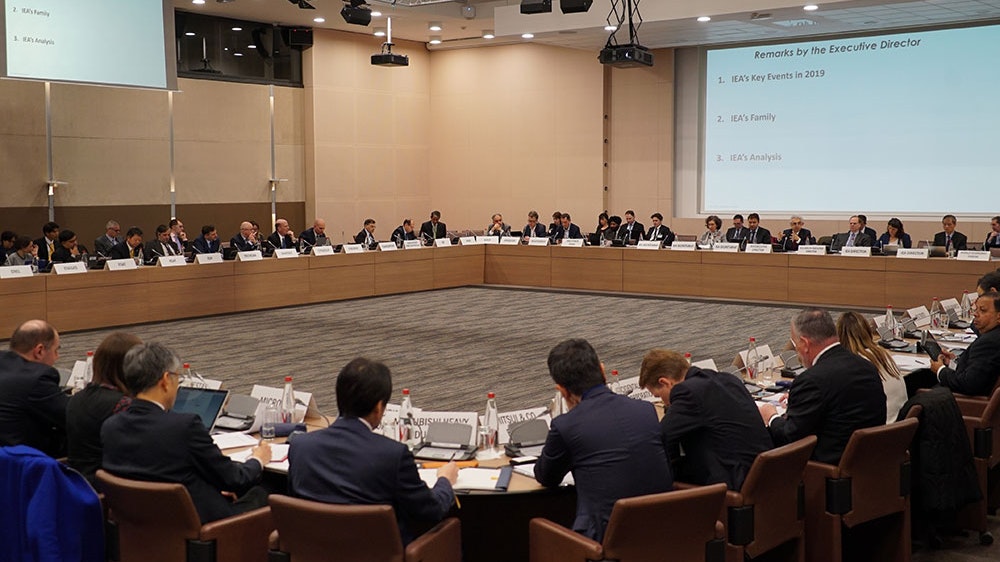IEA celebrates the 10th anniversary of the Energy Business Council with its largest gathering ever in Paris

The meeting brought together executives from nearly 60 companies from around the world to discuss key issues affecting the global energy system. (Photograph: IEA)